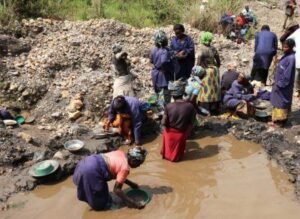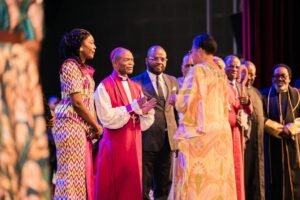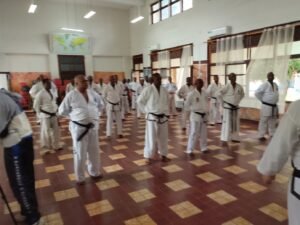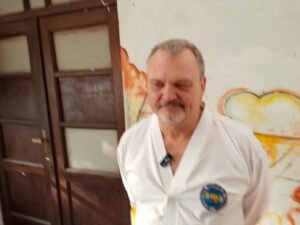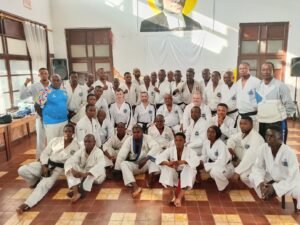An open letter to President Trump
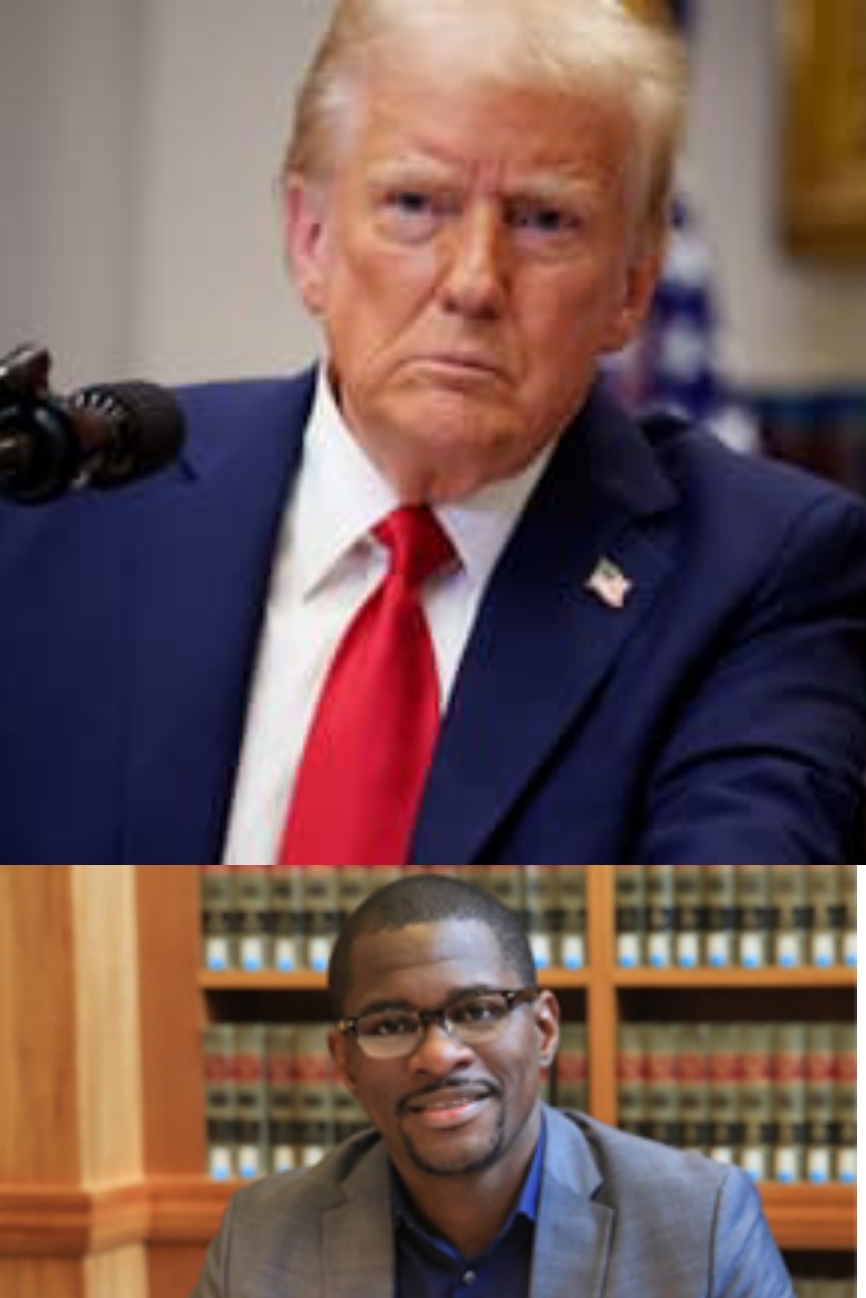
January 24, 2025
By Dr. Roger-Claude Liwanga
The Honorable Donald J. Trump
President of the United States
The White House
1600 Pennsylvania Avenue NW
Washington, D.C. 20500
Dear President Trump,
Congratulations on being sworn in as the 47th President of the United States of America. I write to you in my personal capacity as not only an American citizen and native of the Democratic Republic of Congo (DRC) but also a concerned global citizen, fully aware of the remarkable influence and impact that your leadership can have on some of the world’s most pressing conflicts.
Today, I respectfully and urgently approach you to solicit your involvement in a critical initiative that has the potential to stabilize one of the most volatile regions in the world: the ongoing conflict in the Eastern DRC between the Congolese army and the Rwandan-backed M23 rebels. The armed conflict in the Eastern DRC has endured for decades, rooted in historical grievances, regional power struggles, illegal exploitation of natural resources, and violent fighting encouraged by both local and international dynamics.
Since the resurgence of M23 rebels in 2021, more than 7 million people have been internally displaced by that conflict, making it one of the largest displacement crises in the world, according to Amnesty International. A survey of the mortality toll related to the ongoing humanitarian crisis in the Eastern DRC is estimated to be 6 million lives since 1998, representing the combined total populations of the states of Delaware, Maine, Montana, North Dakota, South Dakota and Vermont.
Yet, amid these extreme circumstances, the Luanda Peace Process (initiated by Angola and supported by various international stakeholders, including the previous administration of President Joe Biden), which represents a critical opportunity for resolving tensions between the DRC and Rwanda that destabilize the Great Lakes region of Africa, remains unfortunately fragile and is facing a deadlock.
Nonetheless, your historic election for a non-consecutive term of office denotes an opportunity to accelerate the progress of the Luanda Peace Process, as your unique capabilities and leadership can play a transformative role.
Your first term as president was characterized by a strong, results-oriented approach to diplomacy. During your inaugural address, you emphasized that your “proudest legacy will be that of a peacemaker and unifier.” There is no need to mention that your leadership favored the recent Gaza ceasefire deal that was rejected by the belligerents for many months before your election. Undoubtedly, the Luanda Peace Process could be an ideal platform to further solidify your legacy and image as a bold and effective peacemaker; thereby reshaping America’s foreign policy towards Africa.
In fact, under your first term as president, you shifted America’s focus toward the strategic importance of Africa by initiating programs such as the Prosper Africa campaign and the BUILD (Better Utilization of Investments Leading to Development) Act to promote U.S. investments on the African continent. Furthermore, it was under your administration that the DRC was reinstated as an eligible country for trade preferences in the context of the AGOA (African Growth and Opportunity Act) in December 2020.
As the DRC and Rwanda will indefinitely be neighboring countries, the ongoing tensions between the two nations threaten regional stability and complicate the U.S. interests in that part of the world where some terrorist groups are flourishing. As such, Mr. President, your active engagement in the Luanda Peace Process will enhance the U.S. commitment to global stability and its strategic influence in a continent where America’s rivals (such as China and Russia) are increasingly expanding their presence.
The growing influence of China and Russia in Africa in general, and particularly in the DRC, constitutes both a challenge and an opportunity for America. Your involvement in the Luanda Peace Process can assert the U.S. leadership and ensure the country’s pre-eminence as a key player in peace initiatives in a region where the U.S.’s economic and military influence is being progressively contested.
DRC is the world’s largest producer of cobalt (accounting for more than 70% of global production in 2023) and has other abundant natural resources (including copper, lithium, coltan, gold) that are vital for the global technology supply chain. Not surprisingly, central to the armed conflict is the battle over natural resources that are often illegally exploited, as highlighted in the recent report from the UN Group of Experts on the Democratic Republic of Congo.
Mr. President, your business background and your deal-making approach focusing on practical outcomes, coupled with your aptitude to negotiate with different stakeholders, can help provide economic incentives driving the peace process forward and offering tangible benefits for all parties involved.
For decades, the concept of “peace” has been an impossible dream for numerous children of the Eastern DRC. Your legacy is one of unorthodox diplomacy, consisting of bold moves leading to unexpected but significant outcomes.
The Luanda Peace Process needs that same boldness from a remarkable leader who is not shy about embarking on challenges that seem at first glance difficult to overcome.
During your inaugural speech, you emphasized that the “impossible is what you do the best.” Yes, millions of Congolese children could dream and experience “peace” for the first time following your involvement in the Luanda Peace Process.
I respectfully urge you to consider supporting that peace initiative. Your leadership in this process could generate far-reaching effects, not only for the DRC and Rwanda but also for the entire African continent and global security.
The adoption and implementation of the peace accord emanating from the Luanda Peace Process will be a testament to your greatness.
Thank you for your time and consideration.
Sincerely,
Dr. Roger-Claude Liwanga, SJD
Roger-Claude Liwanga is an associate professor of criminal justice at Albany State University and an adjunct law professor at Emory University Law School, where he teaches a seminar on advanced international negotiations. He previously consulted with The Carter Center.

